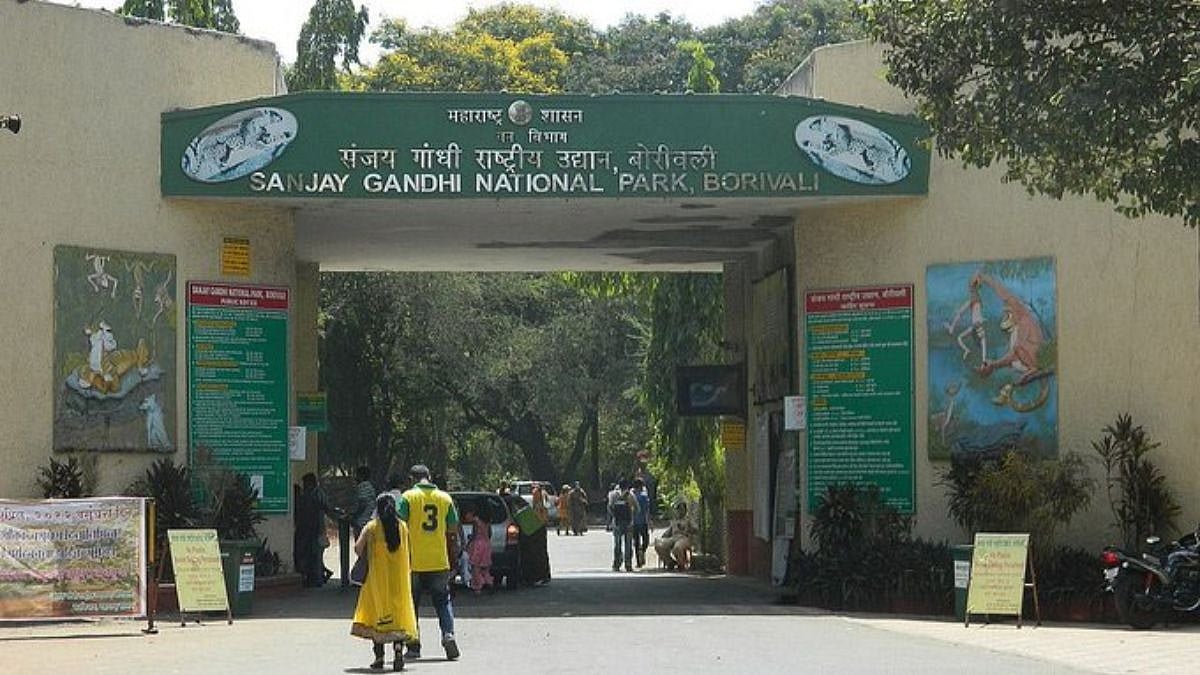Almost exactly 20 years after ‘resort’ politics was resorted to in Maharashtra to save the Congress-led coalition government led by Vilasrao Deshmukh, history repeated itself in the recent rebellion within the ranks of the Shiv Sena legislators. While bundling away legislators in bulk to resorts to keep away prying suitors was a novelty in 2002, it has become the norm in 2022. From Gujarat to Rajasthan, from Karnataka to Madhya Pradesh, the flock of disgruntled dissidents or loyalists (depending on which side of the table you are) have been spirited away before crucial voting or before governments are toppled.
There are, of course, states like Goa and Manipur where the resort to resorts is not even necessary: it is game, set and match even as the election process ends, with wholesale defections to the party which offers the best terms.
What boggles the mind is the scale of operations today. In my view, cricket’s Indian Premier League (IPL) has a hoary ancestor in the Indian Political League (IPoL): the latter commenced functioning around 1967, a good 40 years before the IPL was born. Players in the IPoL are free to switch teams whenever auctions take place: these could be before elections or at more frequent intervals, depending on team managements. Auctions can adopt a carrot and/or stick approach: positive inducements, such as signature bonuses and subsequent access to ATM assignments, and/or negative pressures, using law-enforcement agencies to uncover the murky pasts of politicos. Once safely home in her/his newly adopted political party, the freshly laundered politician has a new launching pad for her/his political future.
Where does this continuous cycle of saam-daam-dand-bheda leave the ordinary voter? Increasingly, her/his vote ceases to matter. No matter whom s/he elects to office, there is no guarantee that that person will remain loyal to the party and the ideology which may have influenced the voter in her/his favour. The anti-defection law has proved to be a non-starter. Developments in recent years from Arunachal Pradesh to Karnataka, Madhya Pradesh and Maharashtra have not dampened the enthusiasm of Aaya-Ram-Gaya-Rams to jump ship at the call of the Sirens.
The Tenth Schedule of the Constitution of India seems to indicate clearly that two-thirds of the MLAs/MPs of a party have to switch allegiance to another party to retain their membership of the legislature (the Goa pattern) and not attract the anti-defection provisions. Although the Tenth The writer is a retired IAS officer of the Maharashtra cadre Schedule vests all powers to decide on disqualification of members with the Speaker (or the Deputy Speaker, as the case may be) and bars the jurisdiction of courts, there has been judicial intervention in both Arunachal Pradesh and Maharashtra. With the impartiality of the Speaker/Deputy Speaker being questioned whenever disqualification proceedings are launched, the Tenth Schedule is fast becoming a dead letter.
India has made rapid strides in recent years in ‘anti-defecation’ measures: it is time for ‘anti-defection’ measures with more teeth.
What is, therefore, required is legislation that discourages modern-day Aaya Rams and Gaya Rams from flitting from one party to another. For a start, a winning candidate set up by a political party must resign her/his seat if s/he decides to join another party. Similarly, independent winning candidates who declare their support to the government formed by a particular political party must resign their seats if they switch loyalties to any other party.
Drawing on the recent happenings in Maharashtra, I would propose that even if more than two-thirds of the legislators of a party withdraw support to the party that put them up for election and opt to join another party, the opinion of the party functionary who issued Form A at the time of nomination for election should be the clinching factor; if this functionary does not ratify the withdrawal of support, the withdrawal of support should be deemed to be grounds adequate for disqualification. The decision for disqualification must be that of the Speaker of the House and, if there is no Speaker, that of the Deputy Speaker. Additionally, the disqualified member and her/his family members (covering at least the spouse and all sons/daughters) should be ineligible to stand for election for a period of six years from the date of disqualification, thus removing them from the election process for effectively the present and next term of the House. This will rule out those legislators who think they have the necessary financial and social clout to get re-elected even if they have to resign from their seats. There should also be a mandatory assessment by the Income-Tax Department of the income and assets of the member and his/her family members to check the flow of illicit funds to their accounts in return for the switch in loyalty.
I know I am asking for the moon in proposing measures that will rein in incentive/disincentive-induced defections. In the current political climate, these measures are unlikely to find any resonance with political parties. The opacity of the electoral bonds regime in place today and the multiple avenues for stashing away windfall gains in safe tax havens make it highly improbable that unscrupulous politicians will be deterred from looking for easy political capital.
However, we have reached a stage today where the very sanctity of the electoral process is in jeopardy. If money and muscle power can dictate who comes to power, the voter will repose little faith in the electoral system, the surest recipe for a democracy to head on the path to disaster.
PS: A little bird just whispered in my ear that future legislators whose loyalty is sought to be bought are likely to ask for more exotic resorts to spend time in while the political drama plays out. Antigua, Bali and the Cayman Islands are doing the rounds as possible venues. To which I can only quote Cicero: O Tempora! O Mores!
The writer is a retired IAS officer of the Maharashtra cadre









